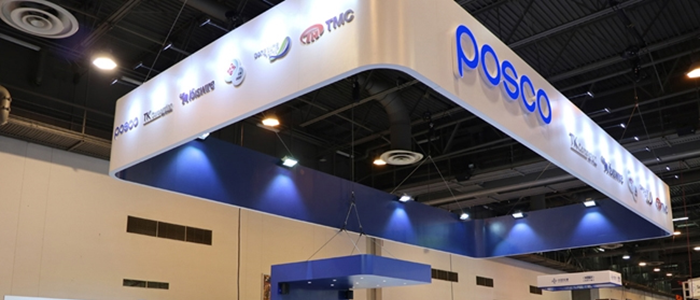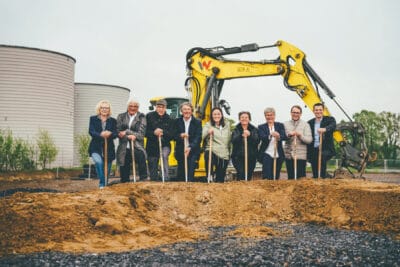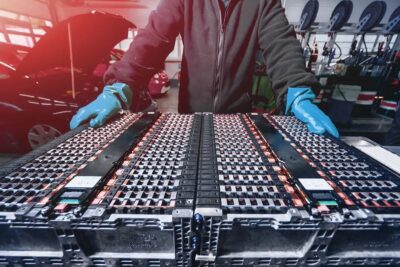Posco confirms plans for lithium plant in Argentina
The South Korean steel company Posco is investing 830 million US dollars in a new lithium factory in Argentina. This is to be built near the salt lake Salar del Hombre Muerto in northern Argentina from the first half of 2022.
++ This article has been updated. Kindly continue reading below. ++
When completed in the first half of 2024, it is expected to have a production capacity of 25,000 tonnes of lithium hydroxide per year, enough to power the batteries of 600,000 electric vehicles. The announced investment is the equivalent of 734 million euros.
Posco first announced the plant at Salar del Hombre Muerto this April. Now the board of directors has approved the plans and released the investment sum, as South Korean media report.
Posco had acquired the rights to mine lithium in the region from Australian company Galaxy Resources in 2018 – for $280 million at the time. The mining rights cover an area of 22,800 hectares.
At the time of the acquisition, Posco had assumed that the site had lithium reserves of 2.2 million tonnes. Later, however, this figure was corrected significantly upwards, and the company now assumes 13.5 million tonnes. According to Posco, that would be enough for about 370 million electric car batteries.
The Posco steel group has been investing in the areas of battery materials and fuel cell components for several years in order to broaden its portfolio. By 2030, Posco wants to reach a capacity of 220,000 tonnes of lithium hydroxide per year.
Update 24 March 2022
South Korean steel company Posco has begun construction of its new lithium hydroxide plant in Argentina, announced last year. Scheduled for completion in the first half of 2024, the plant near the Salar del Hombre Muerto salt lake in northern Argentina is expected to have a production capacity of 25,000 tonnes of lithium hydroxide per year, enough for the batteries of 600,000 electric vehicles – these figures were already known. Posco has also announced that annual production is to be expanded to up to 100,000 tonnes by 2028.
yna.co.kr, ajudaily.com, koreaherald.com (update)





0 Comments